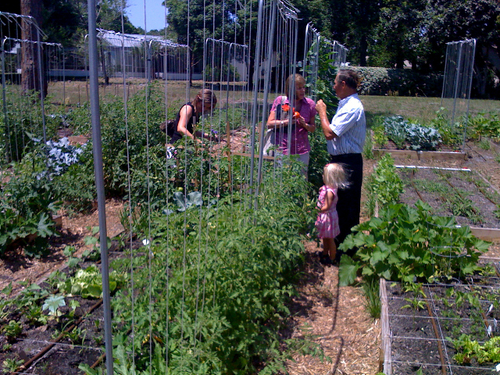16 Oct Student Ministries Opening
Salem Church, located in Chambersburg, PA, is currently looking for a part-time Student Ministries Director to lead the rebuilding of our ministry to middle and high school students and work with the lead pastor to coordinate our children’s ministry. Though not definitive, the ideal candidate will likely be someone currently pursuing a degree or training in vocational Student Ministry who will benefit from a part-time opportunity which coincides with their calling to church leadership and enhances their current educational pursuits. It is our prayer is to find someone who would desire to see this mature into a full-time position following their matriculation.
Personal Responsibilities:
- Be diligent and disciplined to maintain a life of devotion to the study of God’s Word, fellowship, worship, outreach and prayer.
- Maintain relationships both inside and outside of Salem which display integrity, grace and proper, Biblical conflict management.
- Be as intentional as possible to avoid situations which could appear to be lacking in sexual or relational fidelity.
- Be fully in agreement with our congregational/denominational beliefs as expressed on our website, www.salemub.org/beliefs
Ministry Responsibilities:
- Be responsible for leading a discipling ministry among Salem’s High School and Junior High students which focuses on helping students to mature into faithful followers of Jesus, striving to grow in character and devotion to God as image-bearers of Christ.
- Work with lead pastor to help create a holistic, Biblically-based discipling curriculum designed to help guide children and students through a lifelong commitment to God.
- Work with current volunteer staff and develop new volunteers to participate in children’s and student ministries.
For more information about this role, contact Chris Moore, lead pastor at Salem Church.


 Lester Smith (right), senior pastor of Hillsdale UB (Hillsdale, Mich.), sent this report about their January 6 service. “January 6, 2008, the Day of Epiphany, fell on a Sunday. Epiphany recalls the wise men following a great light to come to Christ. So the Hillsdale UB Church celebrated the 12th day of Christmas by lighting a candle for each of the 12 people who came to Christ in December through our church’s outreach ministries. The congregation at the HUB gave the Lord an ovation for all those born-again in 2007, which was double the number of the previous year.”
Lester Smith (right), senior pastor of Hillsdale UB (Hillsdale, Mich.), sent this report about their January 6 service. “January 6, 2008, the Day of Epiphany, fell on a Sunday. Epiphany recalls the wise men following a great light to come to Christ. So the Hillsdale UB Church celebrated the 12th day of Christmas by lighting a candle for each of the 12 people who came to Christ in December through our church’s outreach ministries. The congregation at the HUB gave the Lord an ovation for all those born-again in 2007, which was double the number of the previous year.”